By Sonia Talati
Managing families is a sensitive process. So it’s no surprise that mixing family with business can end up being an even stickier situation. Those interfacing with a HNW family office have a tough job, needing to maintain a delicate balance of success for the family and hoisting their relationships. Done right, they can be the guiding stars who take the family to the next level for generations to come. Businesses successful with this tend to rely on some key components to facilitate the journey upward.
Inquire Like There’s No Tomorrow
“To understand the family office’s values and needs is important to determine if it’s a good fit. Seek answers to questions about its values, strategy, experience level, goals for future outcomes, and higher purpose, rather than the tactical data. It will help build an opportunity for a solid relationship. Curiosity does wonders for a relationship,” says Danielle Oristian York, Managing Director at 21/64, a nonprofit practice providing multigenerational advising, facilitation, and training for next generation engagement.
Think of it like painting. If both parties bring their sharpest skills to the table, they can create something new, different, and perfectly tailored—together. People buy products and services, because they want a different outcome than what’s already taking place, Oristian York says. So if you’re offering something worthwhile and truly someone needs it, then you’re adding value.
Inquiries will lead you there. For example, PKF O’Connor Davies, an accounting firm specialized in serving family offices, has a very rigorous on-boarding process, because it “wants to know about the family from their investment philosophy to philanthropic interests. What’s driving them?” says Eric Gelb, Director of Business Development in Financial Services and Family Office at the firm. Using this logic, the firm discovered that one couple wanted to slow down their involvement in the family office, having managed an entire staff themselves for decades, and travel more. After finding out more about their inner-workings, PKF O’Connor Davies decided it would benefit the couple if they took on the accounting, tax, and bill payment processes on behalf of them, so they could have more time pursing their goal.
Picking the Right Position

Make sure to assign an apt person for the job from your team, who can communicate with the HNW family office. “We find out the risk tolerance, personal goals, organizational structure, and family dynamics, and then pick the person on our team most likely to develop the best relationship with the client,” says Gelb. The main point-of-contact needs to work collaboratively with the family members to formulate the solutions and take the initiatives across the finish line.
A Word on Multiple Generations
Mastering the generational differences goes a long way in continuing a strong strategy for the HNW family office. Oristian York suggests asking yourself, “Do I understand the differences with each generation. How many family members are involved in the whole process from each generational cohort? Can I anticipate each of their needs, and then respond effectively?”
Millennials and Gen X, in particular, are amidst creating their own identities. Often times, millennials are strategy driven. “Their parents heard you have to have a strategy. So they ate strategy for breakfast before they went to school. They grew up on it, so it’s really in their nature. They want to understand their goal, their purpose, and why they are endeavoring toward something,” Oristian York says. That’s while Gen Xers tend to be resourceful. They experienced institutions fall apart before their eyes and had to turn their focused from the collective to to the self, developing a strong sense of independence and self-sufficiency.
To help these generations facilitate their own understanding, as an example, 21/64 hosts a Next Gen Donors retreat to help them decipher who they are and what they want to do about it. “Self-knowledge is the first step to developing an effective strategy. Ultimately, if they can align their behaviors to their vision, then the strategy can be effective rather than just popular. These kinds of explorations create a roadmap for where to go next,” says Oristian York.
When the wealth was built in relation to the generations also makes a difference. “It’s often perceived that the second and third generations take on greater risk than the first generation, but we’ve found that the first generation takes on more risk, because they’re used to it,” Gelb says. After all, that’s usually how they made their money in the first place.
Bring the skill of inquiry to understand each generational cohort. Only then, you can effectively anticipate the needs of a HNW family office.
Sonia Talati is a legacy consultant dedicated to empowering wealthy individuals and organizations to sculpt world class legacies. She is a former journalist for Barron’s where she covered trends related to global wealth. Visit her website https://stlegacyconsulting.com to learn more.
Photo credits:
raw pixel, Unslpash
